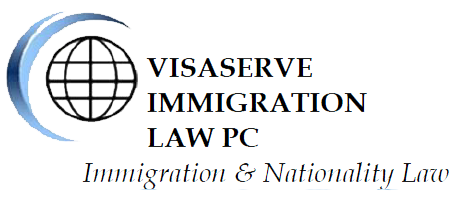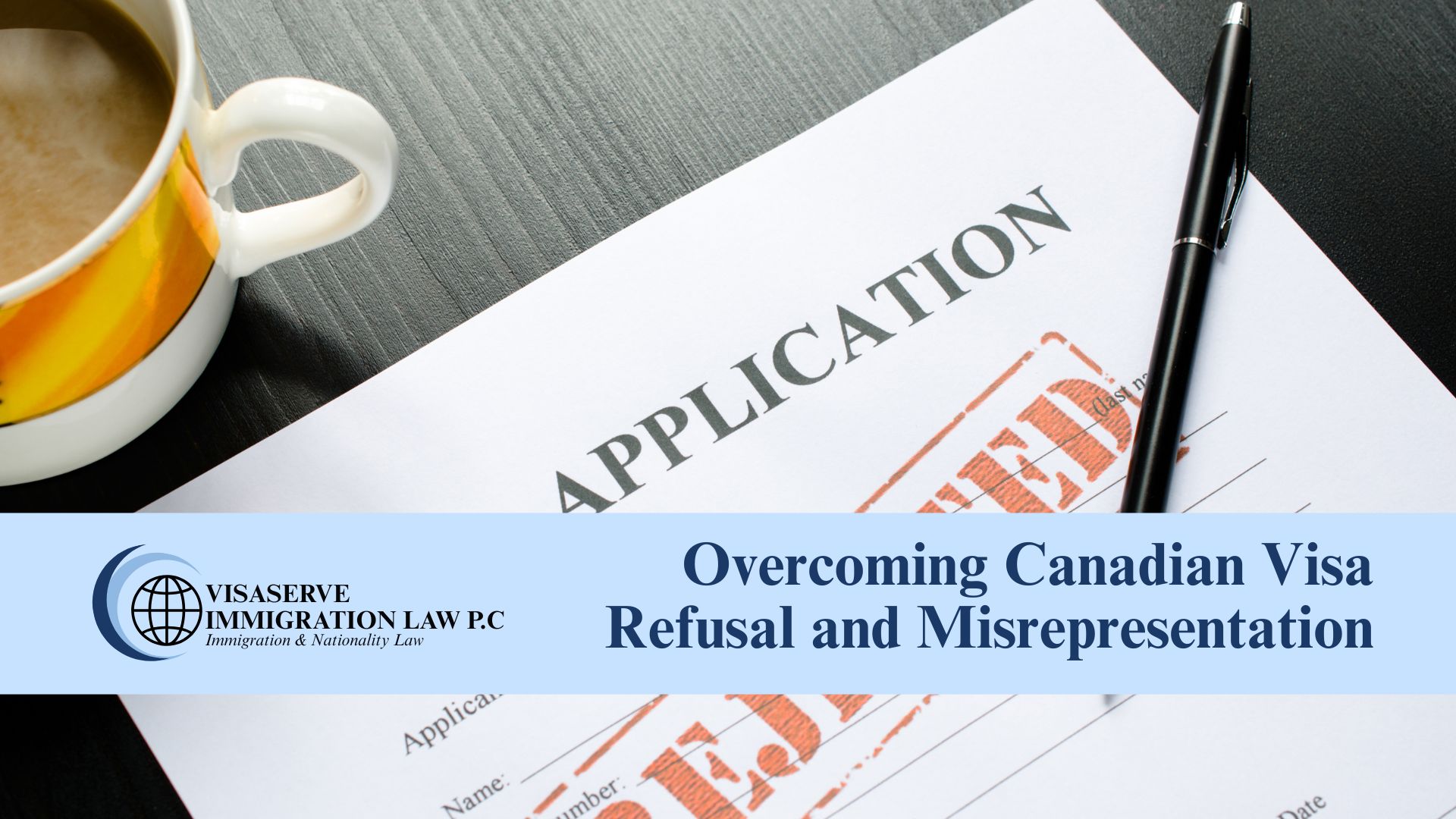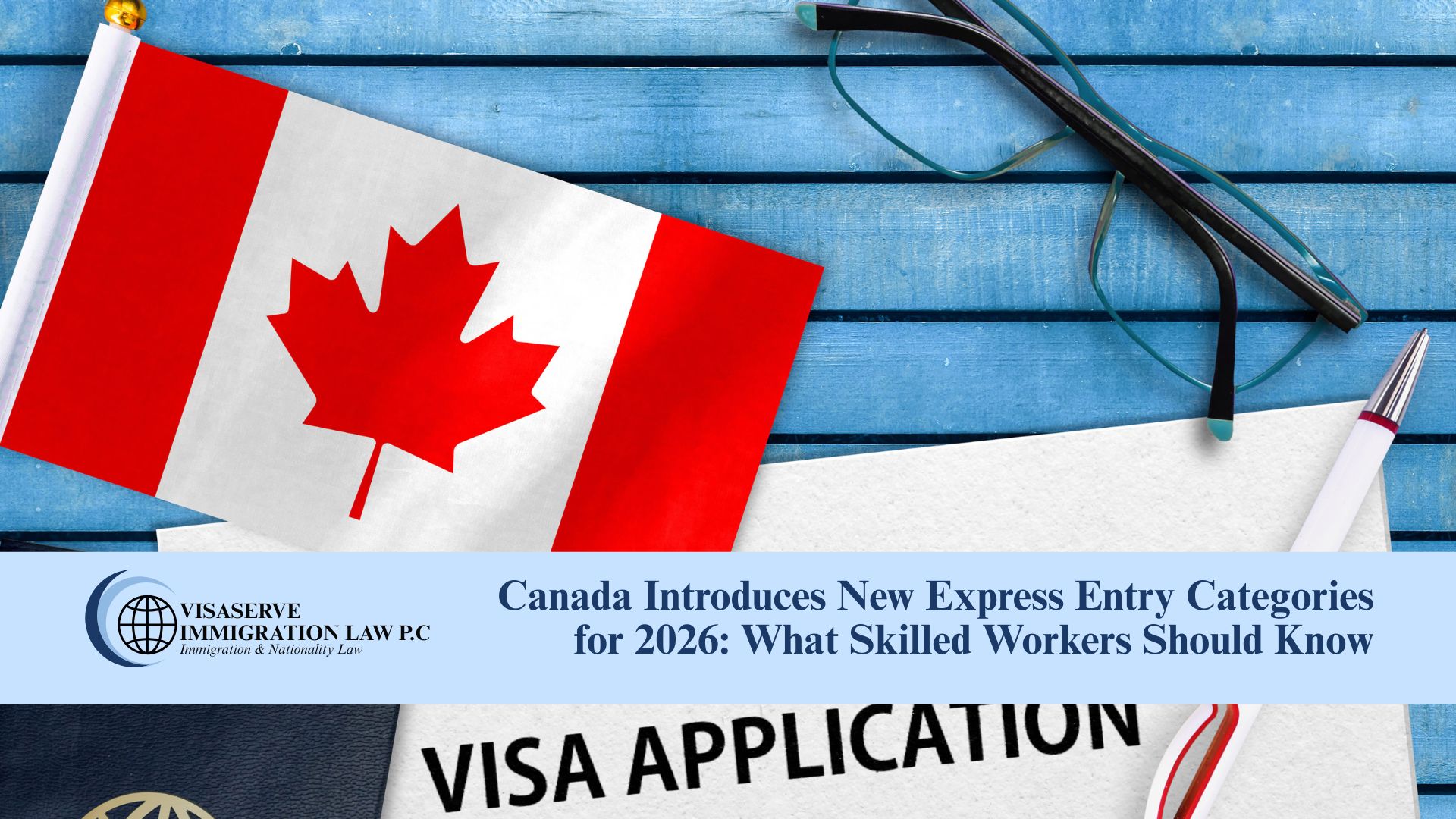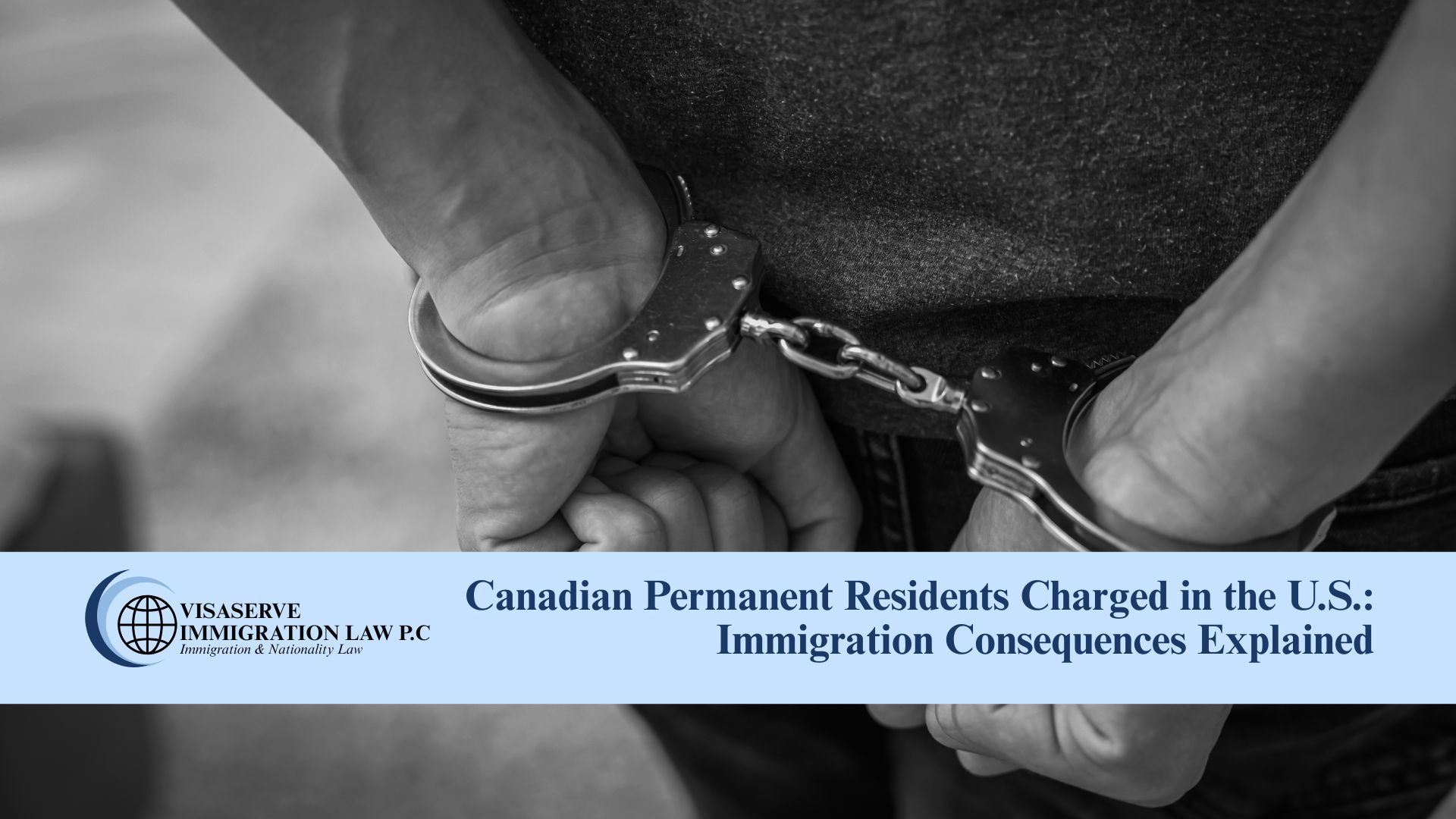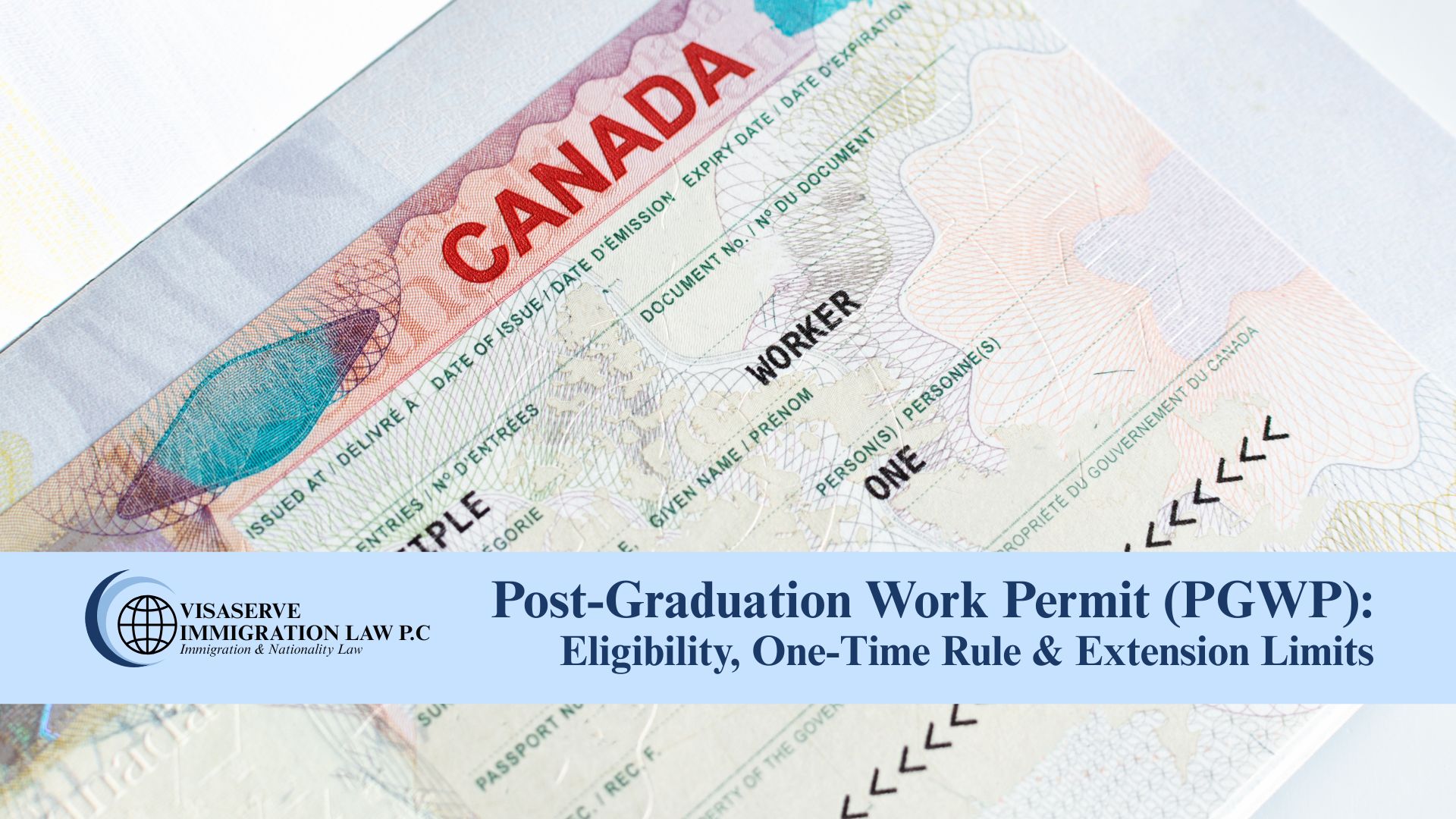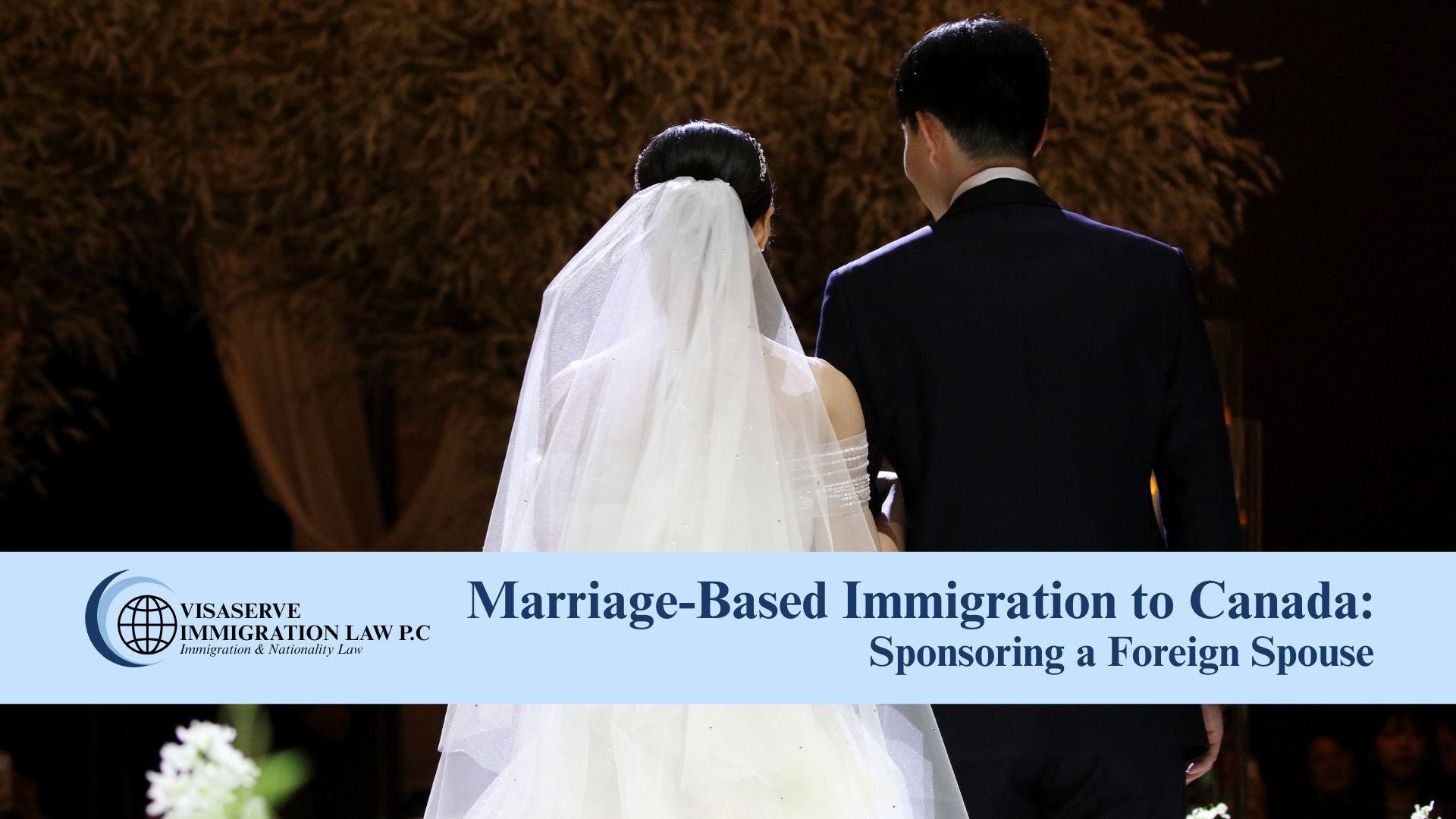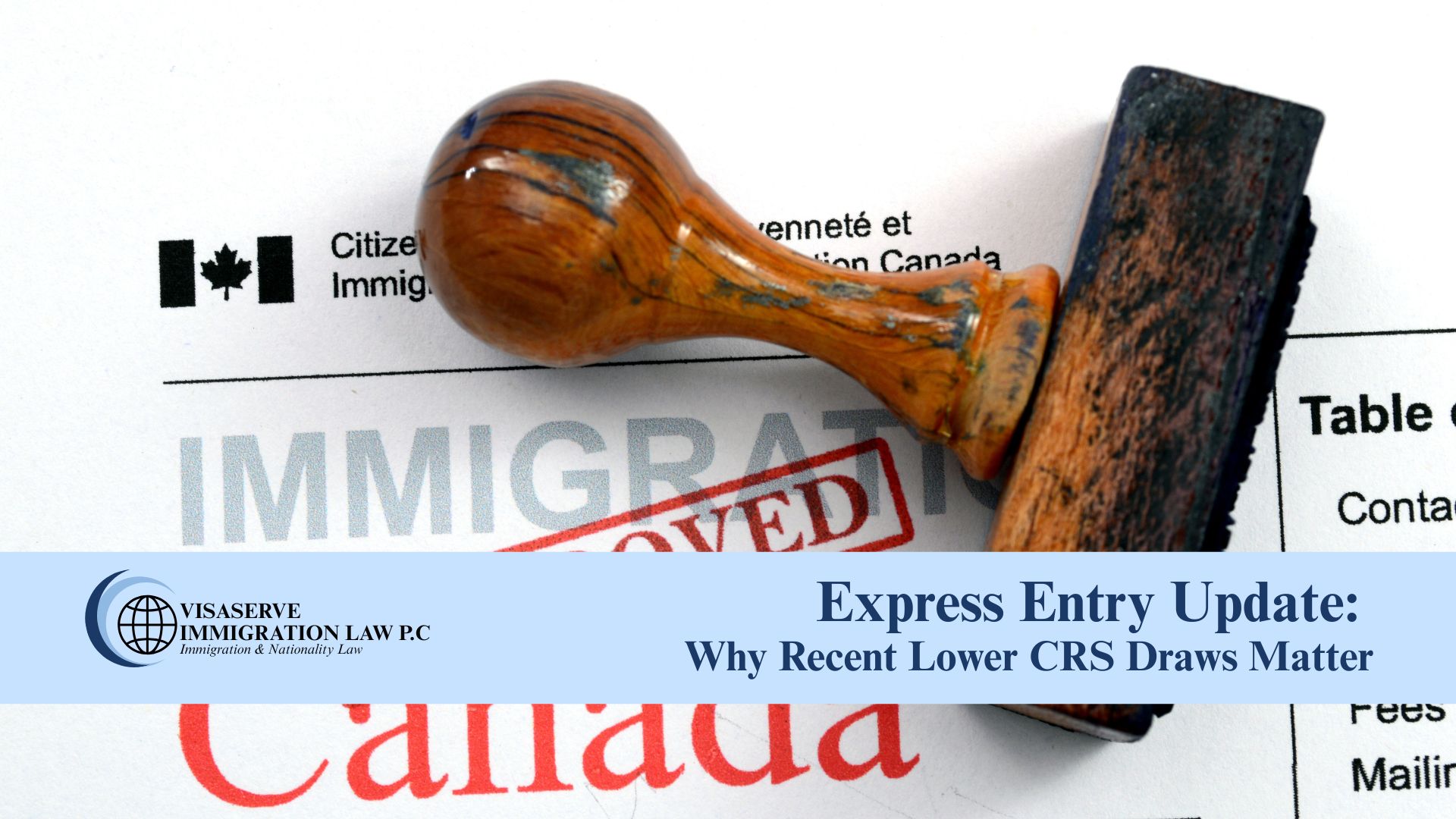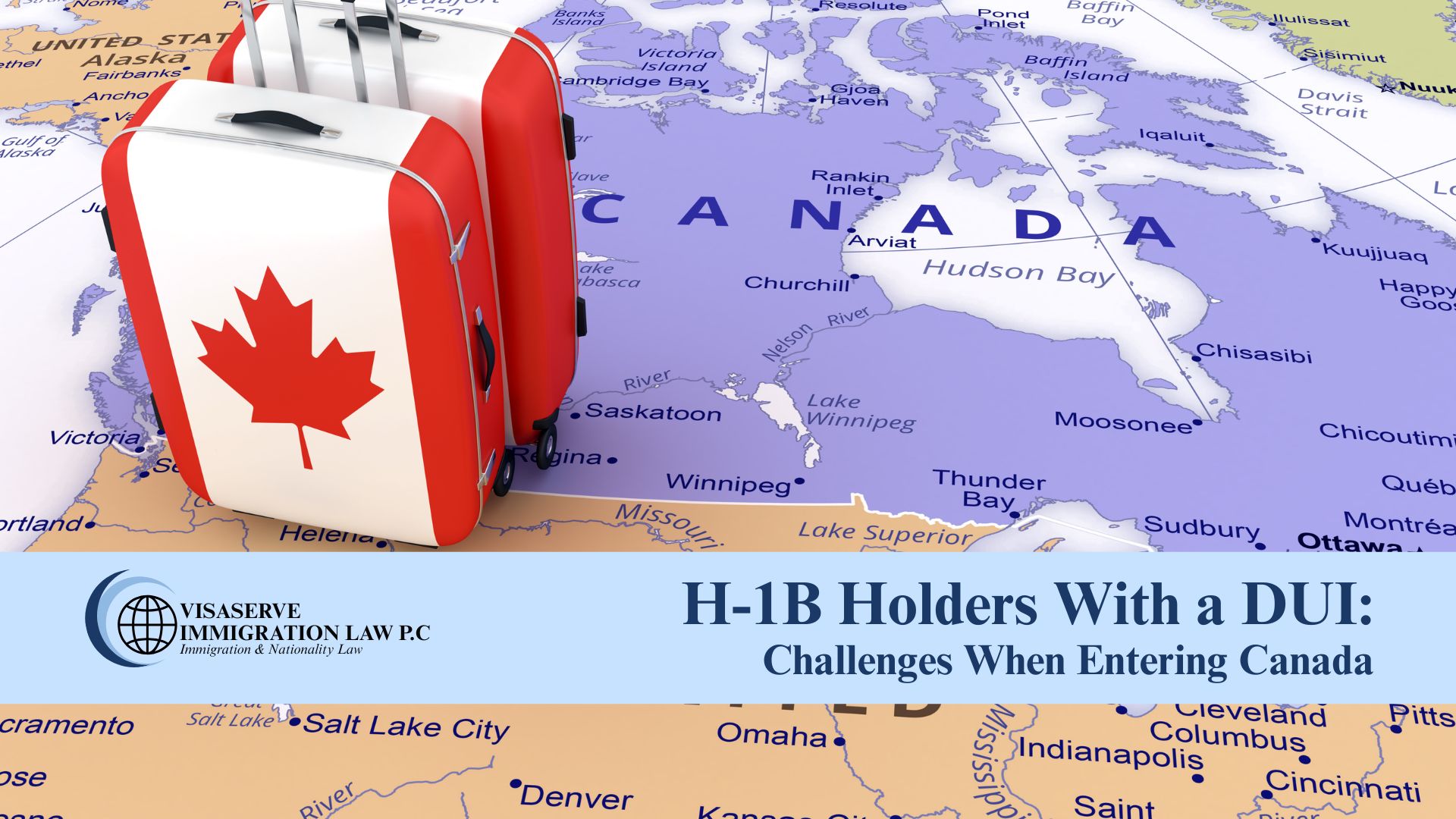A prior refusal from Immigration, Refugees and Citizenship Canada (IRCC) can feel discouraging, but it is not the end of your Canadian immigration journey. Many foreign nationals, work permit holders, and investors face challenges when an application is refused or when IRCC makes a finding of misrepresentation. At Visaserve Immigration Law P.C., we help clients understand the reasons for refusal and take corrective action to move forward.
Understanding a Visa Refusal
IRCC may refuse an application for several reasons, including:
-
Incomplete or inaccurate information provided in your forms
-
Missing documentation
-
Insufficient proof of funds or ties to your home country
-
Concerns about intent, eligibility, or admissibility
Every refusal letter issued by IRCC outlines the grounds for refusal. Carefully reviewing this decision is the first step in determining your next options.
What is Misrepresentation?
Misrepresentation occurs when false, misleading, or incomplete information is provided to IRCC, whether intentionally or unintentionally. Under the Immigration and Refugee Protection Act (IRPA), misrepresentation can lead to serious consequences, including:
-
Refusal of the application
-
A potential five-year ban on entering Canada
-
A record in your immigration file that impacts future applications
Even a small omission—such as failing to disclose a previous visa refusal from another country—may be considered misrepresentation by IRCC.
Options After a Refusal
If you receive a refusal or misrepresentation finding, you may still have options, including:
-
Reapplying with stronger evidence – Correcting deficiencies and submitting a new application.
-
Requesting reconsideration – Where IRCC may review an officer’s decision if an error can be shown.
-
Filing a judicial review – Asking the Federal Court of Canada to review an unfair or unreasonable refusal.
-
Exploring alternative immigration pathways – Such as Provincial Nominee Programs or work permits under trade agreements.
The right course of action depends on your circumstances, timelines, and long-term immigration goals.
Why Legal Representation Matters
Battling a prior refusal or misrepresentation finding requires precision and knowledge of Canadian immigration law. A lawyer can:
-
Analyze your refusal letter in detail
-
Gather persuasive evidence and supporting documents
-
Ensure full disclosure and compliance with IRCC requirements
-
Represent you before the Federal Court if necessary
Our firm is experienced in helping clients overcome Canadian visa refusals and misrepresentation findings. We provide strategic legal guidance tailored to your case, helping you avoid further setbacks and keeping your immigration goals on track.
Next Step: If you have faced a refusal or misrepresentation issue, do not delay. Contact Visaserve Immigration Law P.C. to schedule a consultation and take control of your Canadian immigration journey.
